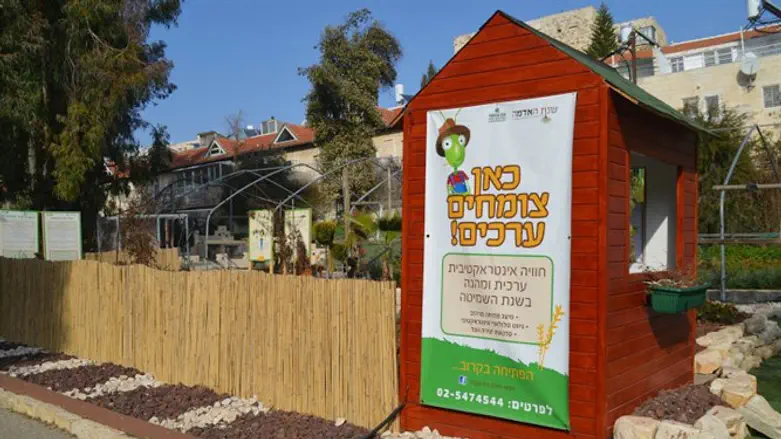
Our world is torn between concern and indifference. The sabers of war are being rattled and some of world’s leadership, like Prime Minister Netanyahu, is raising the call for concern .At the same time other leaders want to avoid conflict and pretend that the world and history continue to be static and uneventful.
We are living in a generation torn between those who want to appease and those who take frantic action without concern for implications and morality.
But there is a middle road as well. That road is paved with careful, moral and intentional action. That middle road is the balance of human survival and purpose.
The time before the final redemption is termed Hevlei HaMashiach (the birth pangs of the messianic redemption) . Yet the word Hevlei can also be translated as the “Rope” of the Mashiach.
These days human history, that seems to be tumbling forward at a frantic and uneven pace, is likened to a tightrope connecting our past and our future. A walk on such a rope necessitates a delicate walk that on the one hand depends on Hashem’s sovereignty and involvement and on the other depends on taking faithful and considered action.
That delicate walk is actually best learned and achieved in the land of Israel. Those that walk and live in the land of Israel seem to have a heightened ability to perceive the dichotomy of human destiny while at the same time achieving true balance. The secret ingredients for such a balance is trust and faith.
We are taught in the Torah portion that there is a deep connection between the revelation at Mount Sinai and the land of Israel.
"And Hashem spoke to Moshe on Mount Sinai (Behar Sinai) saying, Speak to the children of Israel and you shall say to them: When you come to the land that I am giving you, the land shall rest a Sabbath (Shmitta) to Hashem." (Leviticus 25:1-2)
Rashi asks the classical question; Ma Inyan Shmitta Eitzel Har Sinai? What has the sabbatical year to do with Mount Sinai? He continues to ask ”Were not all commandments given on Sinai? But the verse wishes to tell us that just as with the sabbatical year both the general principle and its minute details were ordained on Mount Sinai, so, too, it was with all the commandments–their general principles as well as their minute details were ordained on Mount Sinai”.
Yet the link is clearly much deeper.
One of those links revolves around the concept of trust and faith.
In truth a society that was based on agriculture would have thought it absurd to let the ground grow fallow for a year. The only reason such a thought was even possible was because the Creator asked it of them. He asked it of them as they stood at the foot of at Har Sinai(Mount Sinai).
In addition, G-d also calms the fears of the nascent Israelite nation with the following words.
“I will command My blessing for you in the sixth year, and it will be enough produce for three years.” (Leviticus 25:21)
The “Sefer Hachinuch” suggests that the year of Shemittah reminds the people of the land that in fact they are not the owners . The land belongs to G-d and they are but guests on His land;
"...for the land belongs to Me, for you are strangers and residents with Me." (Leviticus 25:23)
The underlying truth of the Shemittah ( Sabbatical Year) laws is the understanding that the Shemittah year teaches us to trust in Hashem and to trust in His promises.
"Trust in Hashem forever, for in Hashem is an eternal rock." (Isaiah 26;4)
That is the deep connection to the Mount Sinai experience that is implied in the first words of our Torah portion;
"And he took the book of the covenant, and read in the hearing of the people; and they said: ‘All that HaShem hath spoken 'Naaseh VeNishma' will we do, and we will hear [understand]." (Exodus 24:7)
Human beings when being asked to do something, usually attempt to understand what and why. Yet the people at the foot of Mt. Sinai turned to G-d and said Naaseh VeNishma. We will do, and only then could we and will we hear and understand.
They made a declaration that was solely based on Trust and Faith.
On the long road that lay ahead through Jewish History that commitment to faith and trust would be sorely tested. Yet a significant part of the people would succeed in that endeavor.
That is also the lesson of the land of Israel. In the midst of all the travails of this people and after all the convoluted history of this land, it is a land that repays its inhabitants in kind. If you enter or live in this land filled with yourself and your pre-conceived notions and doctrines, you will not be impacted and filled. You will also not be able to remain in the land.
On the other hand, if you enter and walk this land with an open heart of wonderment. If you enter and walk its thoroughfares in trust, you will be empowered and lifted.
That is the power of this “appointed place” that Hashem describes as
"...a land that Hashem your G-d cares for. The eyes of Hashem your G-d are always upon it, from the beginning of the year to the end of the year" (Deuteronomy 11:12)
The experience at Mount Sinai changed us because we dared to trust in Hashem. The land of Israel continues to bless those changes because we dare to continue that trust.
Lerefuat Yehudit bat Golda Yocheved and Yehudit bat Chaya Esther